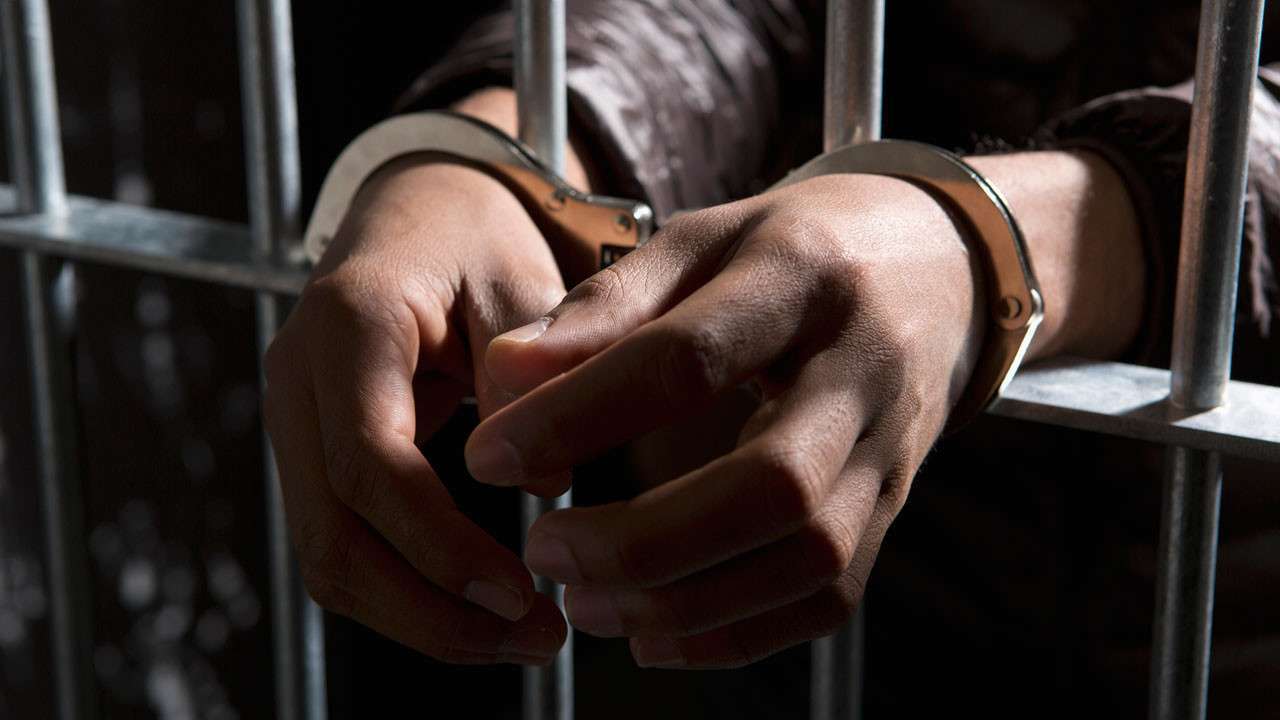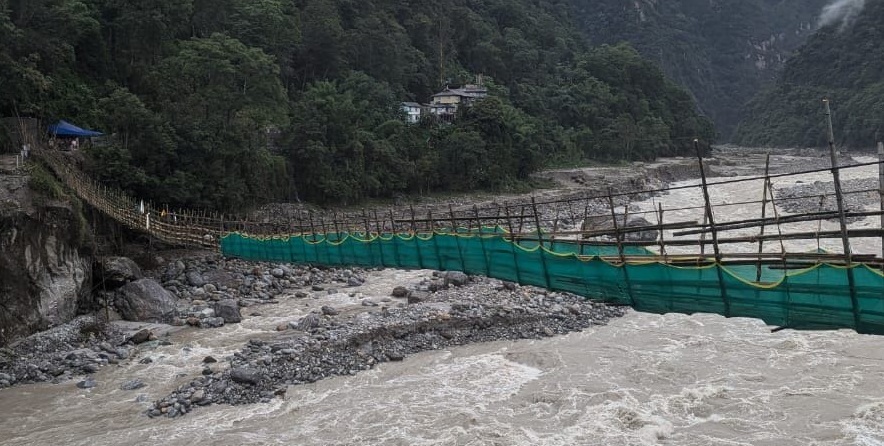
Pakyong, 25 June : Julian Assange has garnered global acclaim as a whistleblower who exposed alleged military misconduct in Iraq and Afghanistan. Among the revelations published by WikiLeaks was a 2007 video showing a US Apache helicopter attack in Baghdad that resulted in the deaths of 11 individuals, including two Reuters journalists. Despite this, his reputation has been marred by accusations of sexual assault, which he vehemently denies.
In 2010, WikiLeaks made headlines by releasing hundreds of thousands of classified US military documents detailing operations in Afghanistan and Iraq, marking one of the most significant security breaches in US military history. The leaks also included a trove of diplomatic cables.
During the administration of former President Donald Trump, Assange faced indictment for WikiLeaks’ role in disseminating these classified documents, which were originally obtained by Chelsea Manning, a former US military intelligence analyst. Manning herself faced charges under the Espionage Act.
The leaked documents encompassed over 700,000 files, featuring diplomatic communications and battlefield reports. One notable release was the 2010 video capturing a US Apache helicopter engaging suspected insurgents in Iraq, resulting in the deaths of twelve individuals, including two journalists from Reuters.
Supporters of Assange worldwide argue that prosecuting him under espionage laws traditionally applied to government officials who leak classified information would set a dangerous precedent against press freedom. Many believe Assange, as a publisher, should not be held to the same legal standards as government employees who disclose such information.






